Habitat calls for humanitarian support

SHARE THIS PAGE!
As we mark the World Humanitarian Day this week, Habitat for Humanity Lesotho has made a passionate appeal to humanitarians across the country to stand in solidarity with those in need, citing the devastating impact of poverty, displacement and lack of basic services on the most vulnerable populations.
The organisation also calls on the public to join forces in the fight for a better future. In this interview with theReporter’s ‘Mantšali Phakoana, national director Habitat for Humanity Lesotho, ‘Mathato Moreboli paints a stark portrait of the humanitarians’ challenges facing the nation.
“We are a country in crisis,” she says, detailing the harsh realities of widespread poverty, displacements and limited access to essential services like healthcare and education.
She further emphasises the urgent need for greater humanitarian support, stressing that without it, most vulnerable communities will continue to suffer. The World Humanitarian Day takes place annually on 19 August, to honour humanitarian workers and promote awareness of humanitarian efforts globally.
Habitat for Humanity is a well-known organisation that has been involved in humanitarian efforts for many years. Could you tell us about the specific issues and communities that your organisation focuses on, and how it addresses their challenges?
Habitat for Humanity Lesotho (HFHL)’s main focus is to eradicate poverty housing amongst vulnerable groups such as the orphaned and disadvantaged children, the elderly, as well as persons living with disability. We work with government and other relevant stakeholders to address the issue of sub-standard housing in Lesotho.
We provide these groups with a fully subsidised two-roomed house that comes complete with an improved ventilated pit latrine. Apart from housing, we also address the issue of safe and clean water through our Water Sanitation and Hygiene (WASH) programme in communities we serve, by constructing new water system and or rehabilitating existing water systems.
Furthermore, partner families are supported with energy saving stoves. The stoves help to minimise smoke that is emitted from open fires. They are therefore believed to improve the overall health of families. The families also use the stoves to light their homes, allowing them to save on candle costs.
The theme for this year’s World Humanitarian Day is “#ActForHumanity”. Why is this theme as relevant to grantmakers today as it is to aid workers?
This theme is relevant as it calls for all actors to join forces to protect humanitarian workers who face all sorts of maltreatment. Funders have to commit to channel some of their resources towards the protection of humanitarian workers, and supporting advocate efforts to improve the rights of humanitarian workers.
How can we show humanitarians appreciation for their commitment to helping others despite the risks and hardships they face every day?
We can do so by inviting other stakeholders to act and provide support to humanitarian workers in any way that can help them realise that they are being appreciated. Some humanitarians work in hostile places with lack of security, poor infrastructure, and lack of basic services. Therefore, if our government could make these available, it will be a sign that their work is appreciated.
What can donors and institutional grantmakers do to most strategically and effectively support these efforts?
They can give flexible grants and in-kind support. Perhaps, more than anything, humanitarian organisations need flexible funding. This usually translates to general operating grants for multiyear periods, but it also means deep and responsive relationships with grantees, as well as a flexibility that acknowledges the complex nature of movement building.
Furthermore, the effect of climate change cannot go unnoticed. There is a need for donors to provide emergency funds as disasters can erupt at any given time when urgent or rapid response may be needed.
Another vital area for donor investment is in developing evaluation models that both advance understanding of the movement-building process itself and help assess movement outcomes.
What unique ways can grantmakers incentivise humanitarian workers to stay in the field, given the demanding nature of their work?
They can do this by providing infrastructure development that is secure and provision of basic services. Competitive remuneration packages for workers can also be helpful as their work is really demanding and challenging. These can include health insurances etc..
How can grantmakers ensure that humanitarian aid reaches the people who need it most, particularly in conflict-ridden areas where access is severely restricted?
Donors should invest in needs assessments and respond accordingly. Collaboration with local leadership is also important to ensure that services reach the intended recipients. Having this requirement as part of the agreement will hold the implementers accountable as required.
What policies or programmes can be implemented to safeguard the physical and mental health of humanitarian workers, especially those who deployed in high-risk areas?
Pre–exposure awareness sessions are important as they prepare workers mentally for what lies ahead. The workers can also undergo intensive physical trainings to build up their physique as they may be required to travel long distances.
In addition, workmanship compensation programme is also important for those that would have been injured while on duty. It is important that this programme is designed in a way that each case is treated differently. Also, psychosocial programmes may need to be implemented to deal with cases of mental health.
How can Lesotho based grantmakers ensure that aid distributions in rural areas is efficient and equitable?
First of all, grantmakers need to invest in research and assessment of different cases of disasters. That way, we will always deliver services that are evidence based and we will not give support where it is not needed. Programme impact will also be significant.
In the context of Lesotho’s political instability and ongoing security concerns, how can grantmakers and NGOs collaborate to ensure the safety of humanitarian workers and civilians alike?
There is a need for them to engage more with the government about challenges faced by humanitarian workers and determine ways to deal with those challenges. Our advocacy programmes can be used to teach communities about their rights and responsibilities as well as ways to safeguard and support the humanitarian workers.


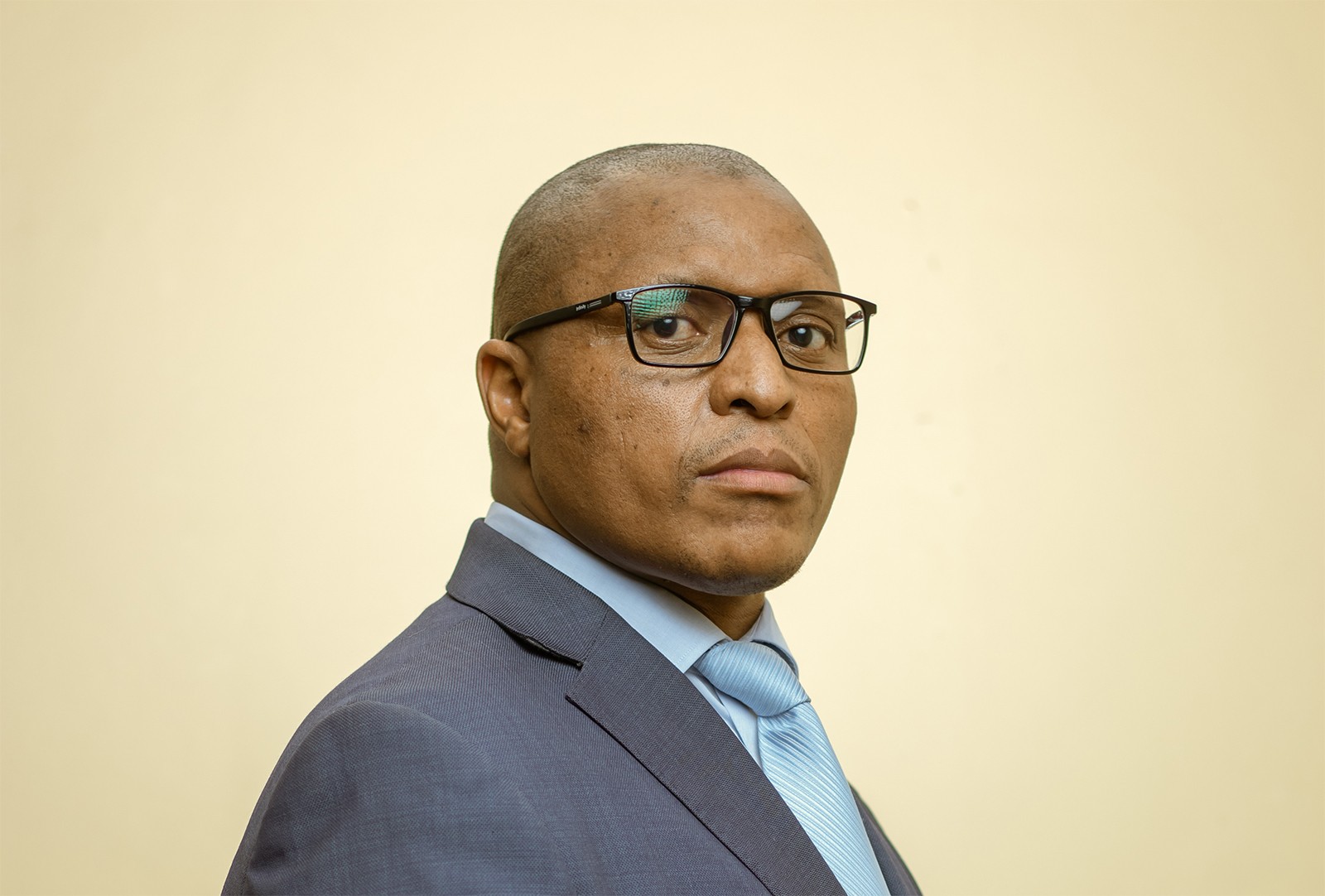
BEDCO, RSL to train youth entrepreneurs
5 days ago
Sehlabathebe power project to resume
7 days ago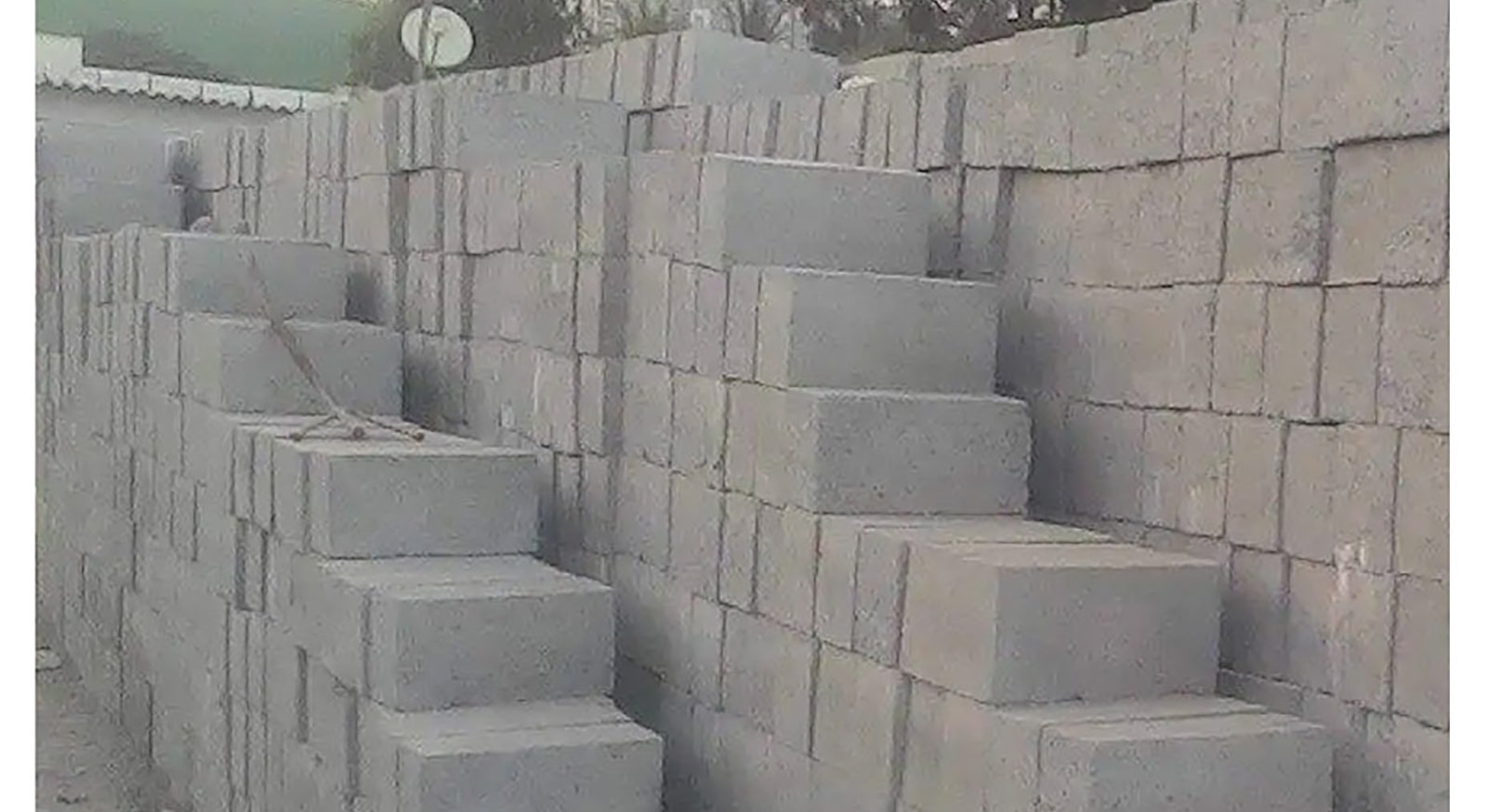
Manufacturers cry foul over bricks imports
8 days ago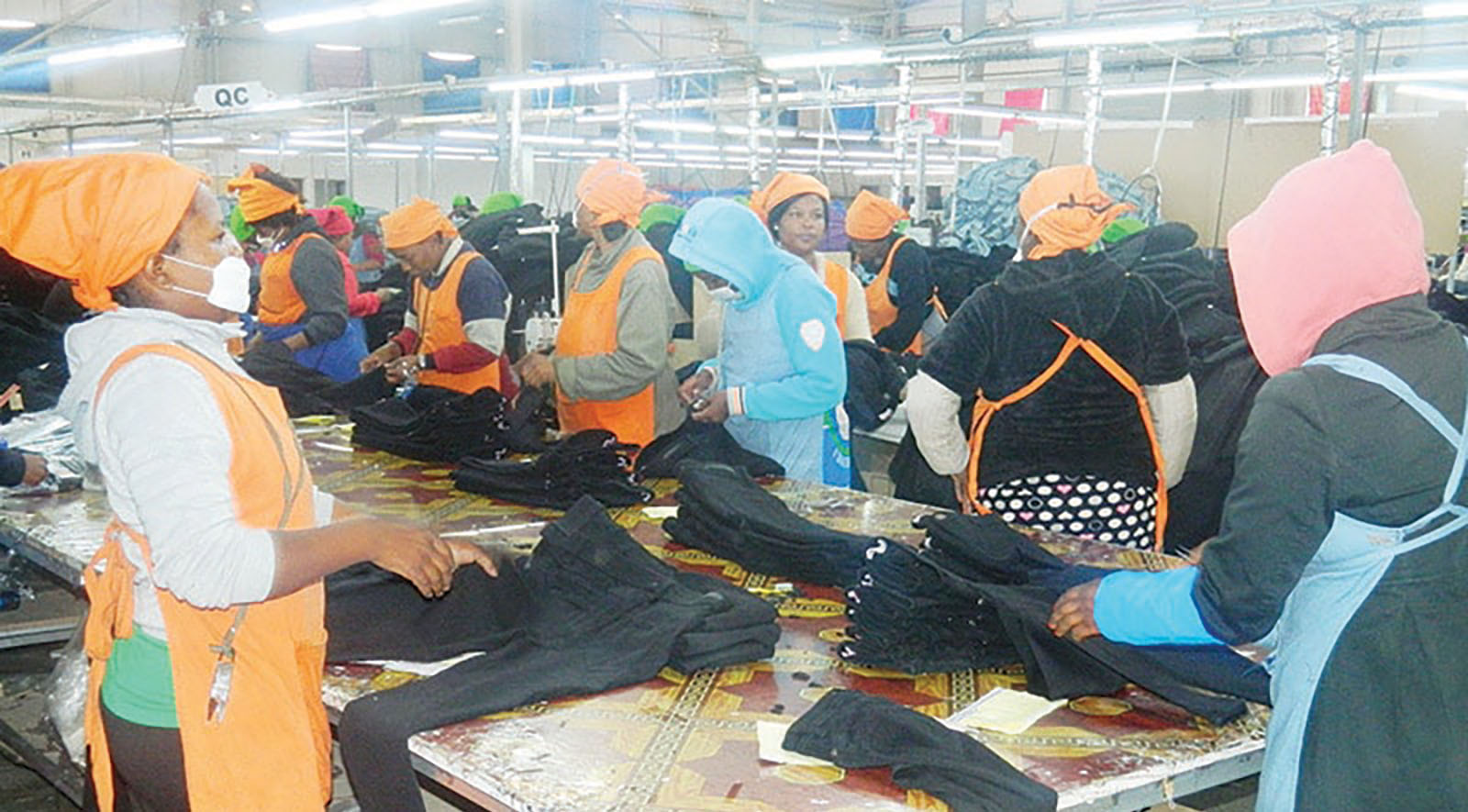
Unions to petition Matekane
8 days ago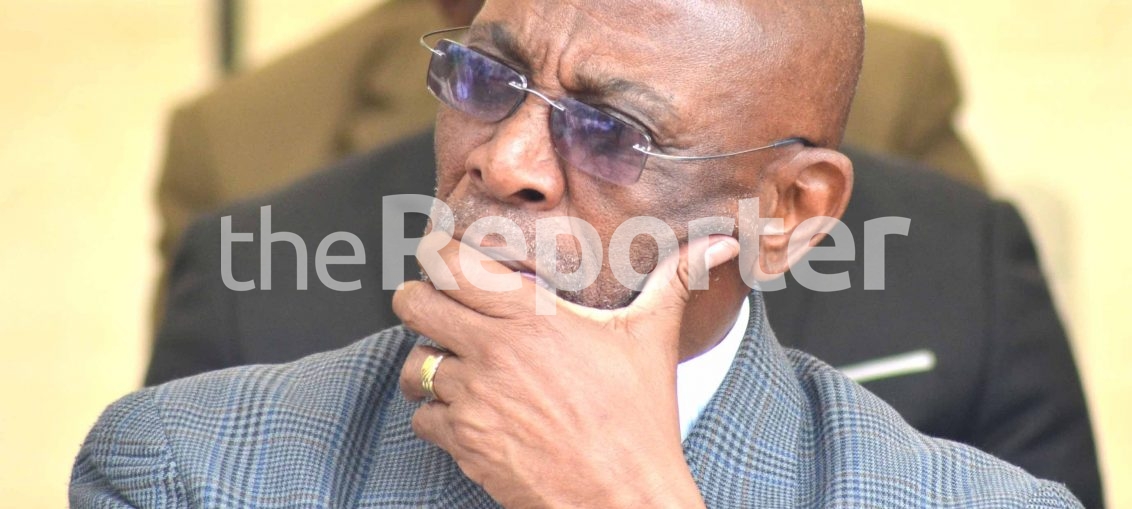
Adv Phoofolo accorded state funeral
9 days ago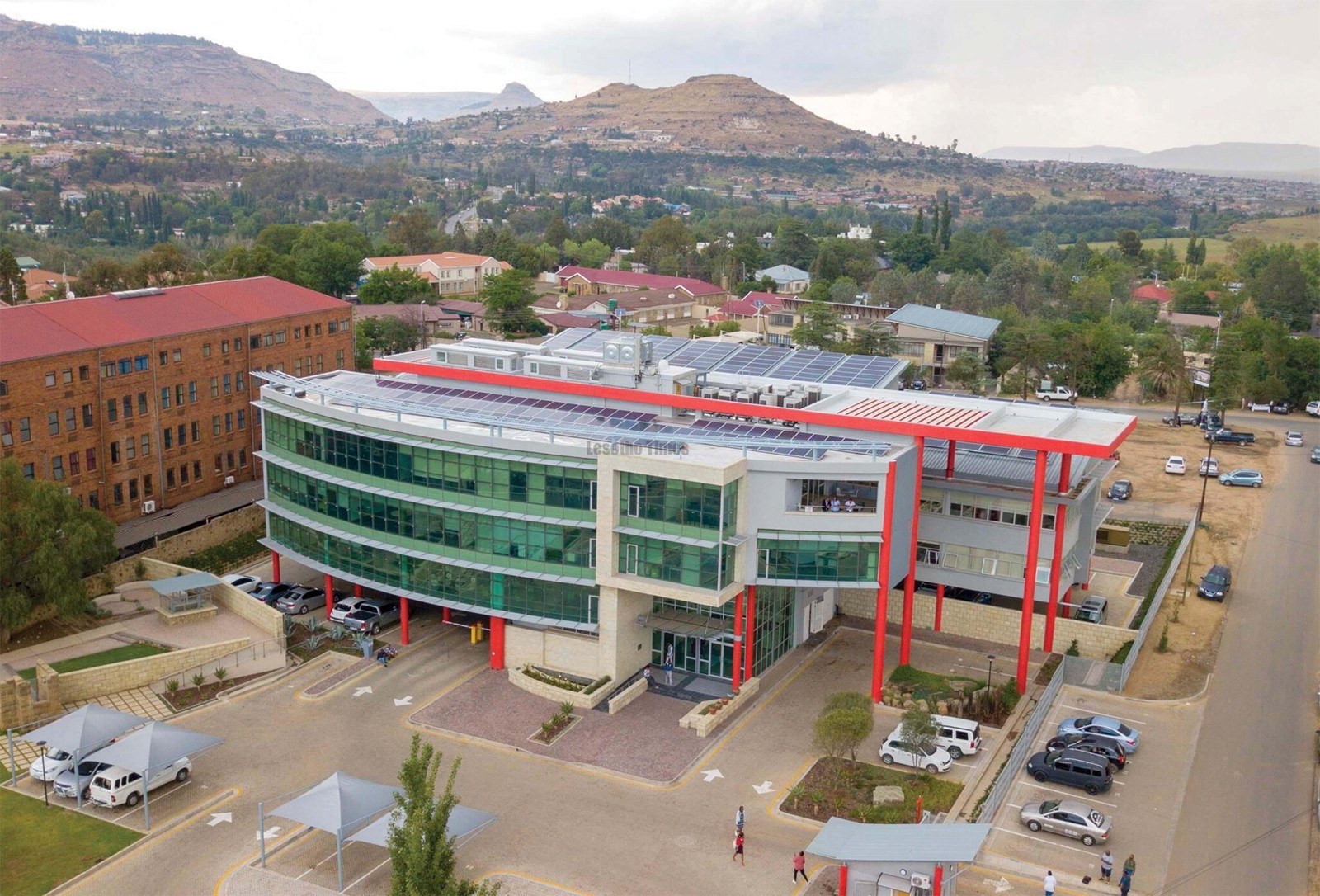
VCL report shows significant growth
11 days ago
Youth activist Masupha to launch book
12 days ago
Teen poet makes literary history
12 days ago